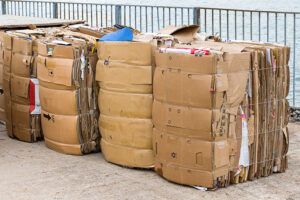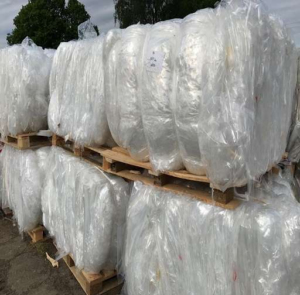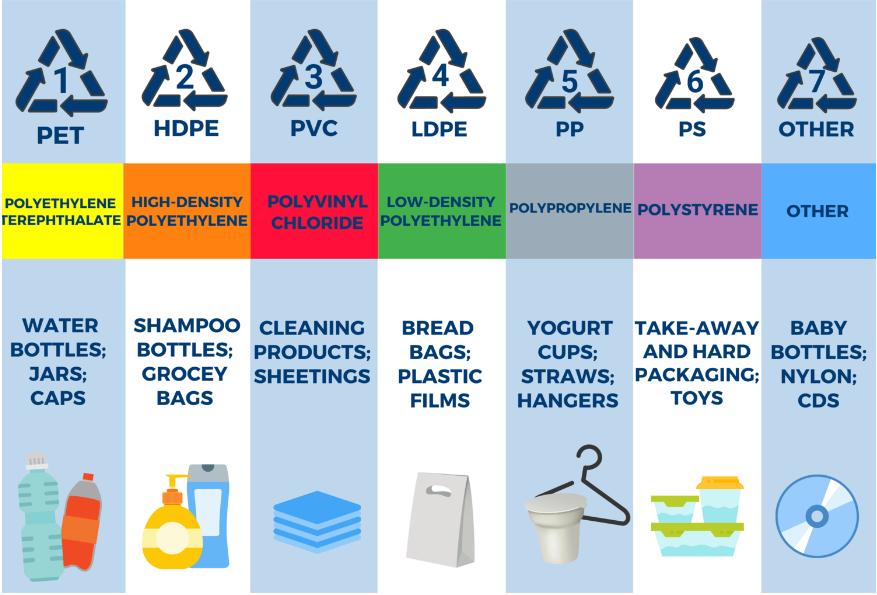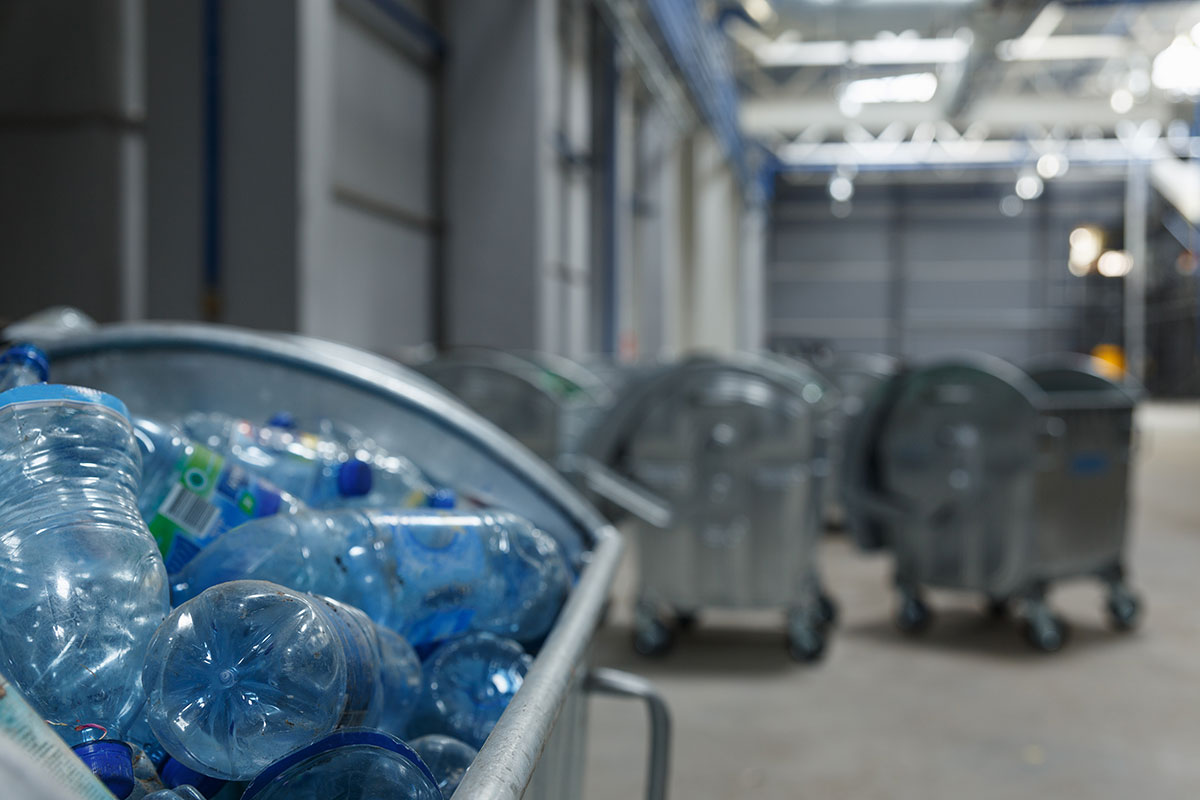Recycling
Clean Management strives to find solutions for beneficial reuse or recycling. Depending on the type and quantity of material, you may even be able to get paid for it.
Materials we recycle:
- Plastics
- Paper products
- Cardboard
- Organics
- Metals


Types of plastics we recycle:
- LDPE (Low-density polyethylene)
- PET (Polyethylene terephthalate)
- HDPE (High-density polyethylene)
- PVC (polyvinyl chloride)
- Polypropylene
- Polystyrene
- Others

Types of Paper products we recycle:
- OCC (cardboard)
- Mixed Paper
- Sorted office waste
- Newspaper
- Kraft rolls/bags
- Much, much more

Industrial Recycling Services

Environmental Benefits
Recycling reduces the consumption of raw materials, which in turn reduces the pollution that is generated and the energy required in the extraction and use of those materials. Reusing materials also reduces the volume of waste that must be treated for disposal.
Economic Benefits
Recycling hazardous and nonhazardous waste is not only good for the environment, but it can also be a cost-effective business tactic. Fortunately, “the EPA grants regulatory relief for many types of recycling which reduces regulatory and compliance costs for your company.” Recycling and reusing substances can reduce overall costs, too, as newly extracted materials are not needed in the same quantities when they are combined with recycled ones.
Steps in Recycling Industrial Waste
The following steps for recycling industrial hazardous waste are summarized from the EPA’s page on the subject.
- Determine: The first step is to determine whether or not the material you have is solid waste, as defined by the RCRA, and then whether that waste is hazardous or nonhazardous.
- Consider: Consider using cost-accounting to “estimate the environmental benefits of pollution prevention and recycling activities.”
- Choose: Choose a company with industrial recycling services that you can trust to recycle your hazardous and nonhazardous materials in a responsible way.
- Confirm: After you have vetted your recycling company, confirm that your materials will be recycled legitimately according to EPA guidelines. The definition of EPA legitimate recycling is in Title 40 CFR section 260.43.
- Keep Track: Monitor and report on the recycling success.
Recyclable Materials
Clean Management has experience in industrial recycling services for the following materials:
- Solvents
- Lamps and ballasts
- Electronic waste
- Refinery oily residuals
- Metal bearing solutions and sludges
- Used oil
- Batteries
If your business would like assistance in industrial recycling, contact Clean Management. Our waste management experts offer fast and free quotes.






